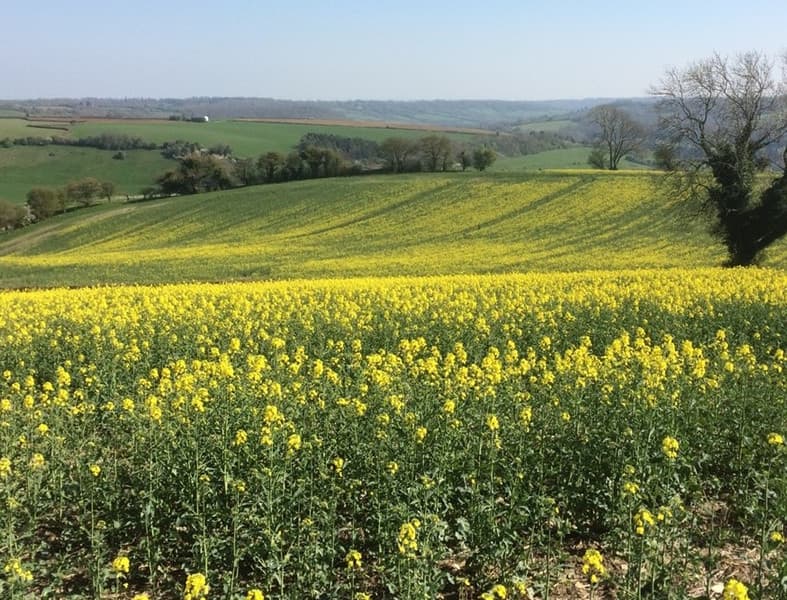
A plant’s biological clock could set the time for crop spraying
A plant’s biological clock could set the time for crop spraying. Like humans, plants run on an internal clock that helps with growth and adapting to environmental changes.
In a new study, researchers from the University of Bristol have found that taking advantage of a plant’s circadian rhythm could help reduce the amount of herbicide needed for spraying crops.
The concept is similar to chronotherapy, which factors in a person’s internal clock to determine the optimal time for taking medication. In this study, the researchers say that crop spraying should be applied at certain times, and this schedule should line up with a plant’s biological clock.
The researchers found that the time of day that crops were treated with glyphosate impacted the death of plant tissue and the slow down in growth.
Less herbicide was needed at different times of the day.
“This proof of concept research suggests that, in future, we might be able to refine the use of some chemicals that are used in agriculture by taking advantage of the biological clock in plants,” said Dr. Antony Dodd. the senior author of the paper. “Approaches of this type, combining biotechnology with precision agriculture, can provide economic and environmental benefits.”
Dodd’s work at the University Of Bristol focuses on the molecular biology of how plant biological clocks can be used to help improve plant growth and performance.
Finding more sustainable ways to improve crop resistance and performance in a future where food availability is uncertain due to climate change and population growth is crucial.
Using less herbicide would not only be cost-effective but could also reduce the environmental impacts of harmful pest and weed killers.
The study was published in the journal Nature Communications.
—
By Kay Vandette, Earth.com Staff Writer
Image Credit: Dr. Antony Dodd












